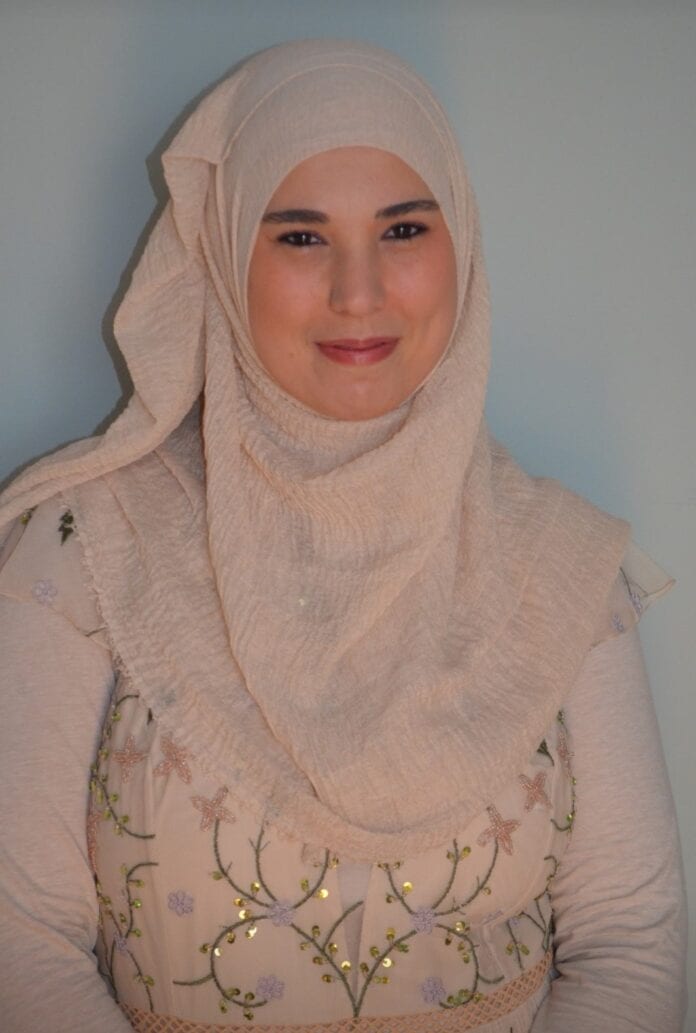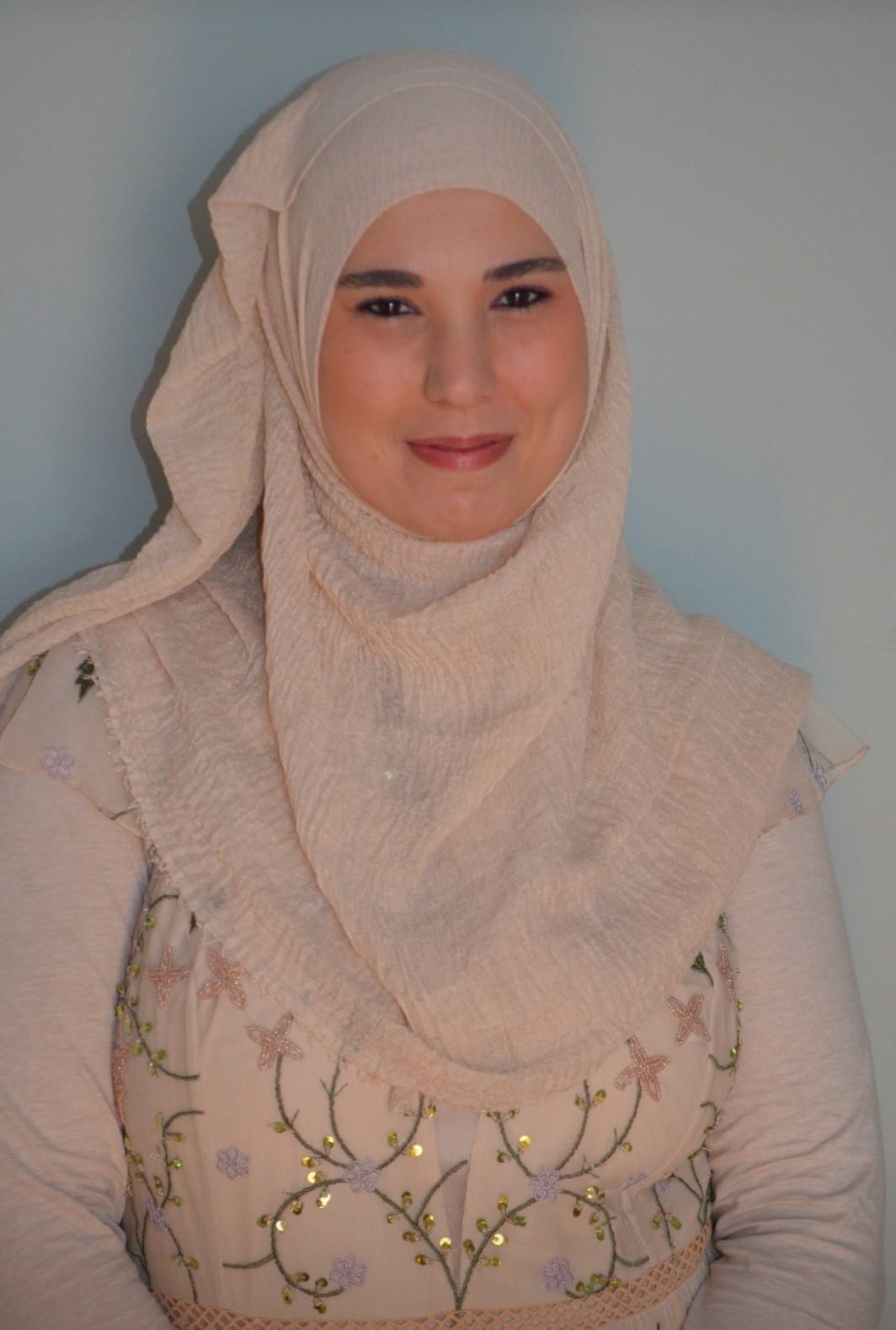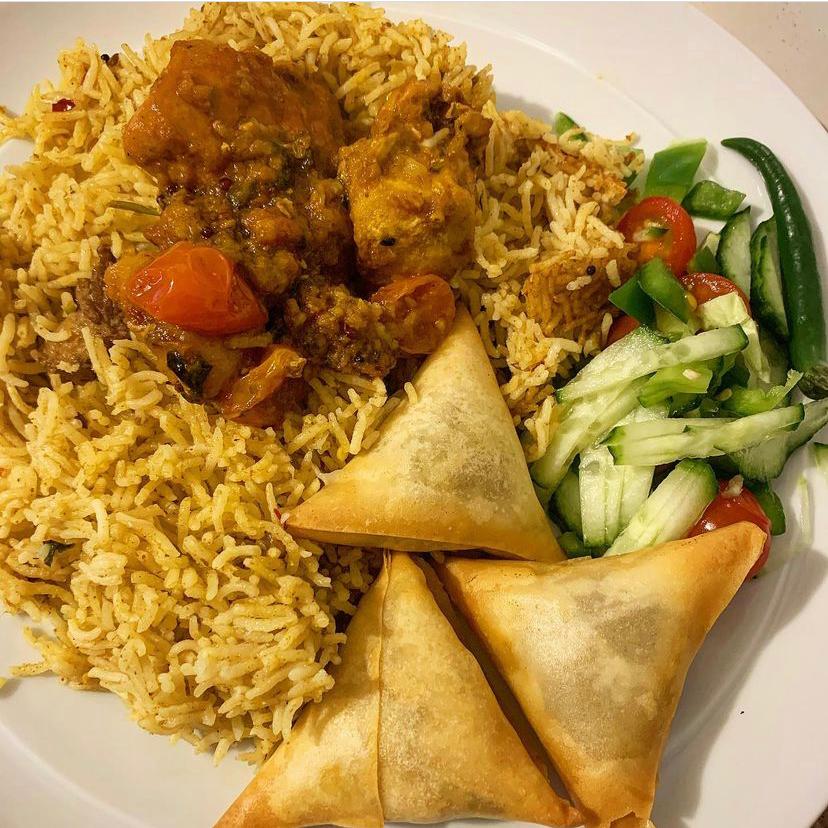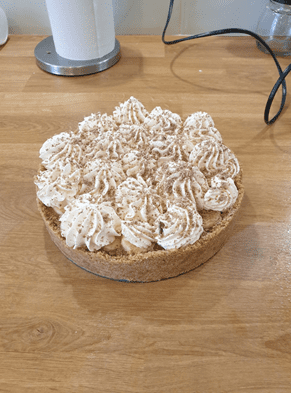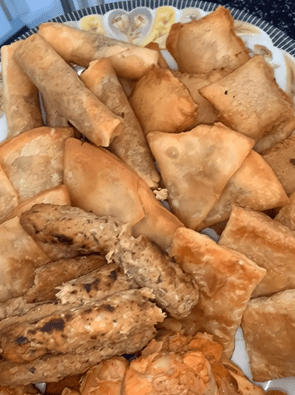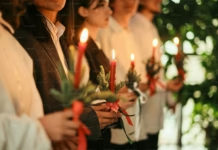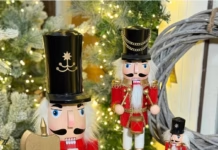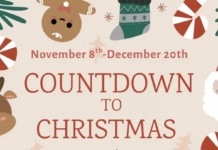As the holy month of Ramadan draws to a close, attention across the entire Muslim community turns to the celebration of Eid al-Fitr.
After a month of fasting as a sign of unwavering faith, the sighting of the first new crescent moon sparks celebrations which can last up to three days, and often takes place across a national bank holiday in many predominantly Muslim countries1.
Islam is the second largest religion in the UK2, and to gain some insight into the diverse and beautiful traditions associated with Eid, global cross-border payments company, WorldRemit, spoke to a number of UK-based Muslims to find out how they’re planning on celebrating this year as pandemic restrictions ease.
For many Muslim families, particularly with younger children, Eid is a time of real excitement. Sabrina, who is based in West Yorkshire, provides an insight into what Eid looks like through her eyes and how they have adapted their celebrations around Covid.
“The night before Eid we give our three young girls little goodie bags which usually include some pjs, chocolate, a reading book and an activity to do such as colouring. Once they’re in bed my husband and I decorate the house for when they come down in the morning ready to start the celebrations.
“My husband will go to the mosque for Eid prayers in the morning whilst I get the girls ready; men of the family tend to all attend mosque together which will be slightly different this year with masks being mandatory and people having to keep a two-metre distance apart.
_
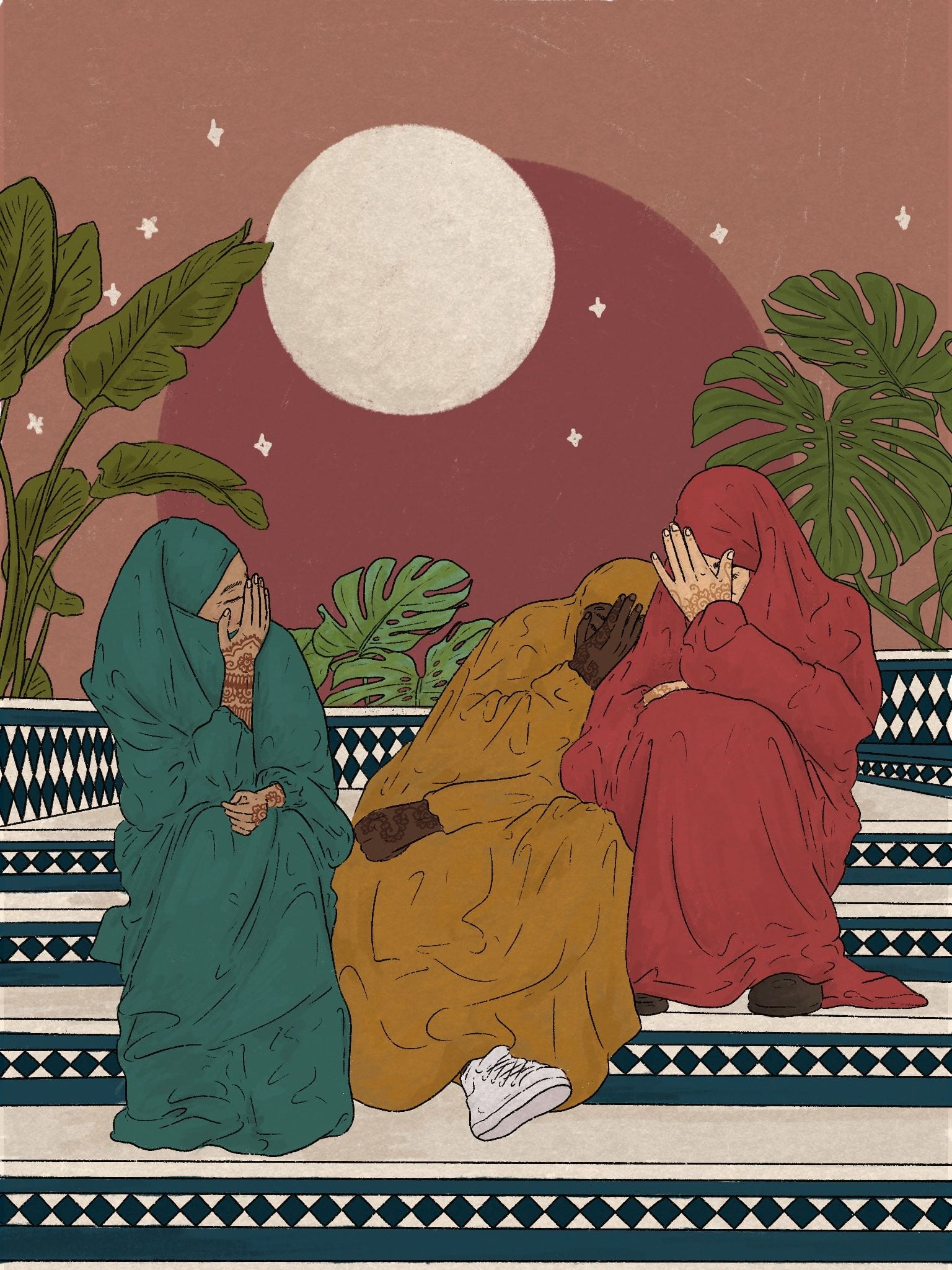
“Once my husband returns home it feels like the celebrations have officially started. We give each other hugs, the girls are dressed in their new outfits and then we get on to the exchanging of gifts, which is their favourite part.
“Pre-covid we would always go to my mother-in-law’s house as she would be the one to feed the family. My husband is one of five brothers and sisters who would all turn up with their own children as well as part of a huge celebration.
“We would all eat together, the food usually consists of rice dishes such as biryani, as well as samosas, kebabs, chicken drumsticks and there’s usually plenty of dessert options too. Thankfully my mother-in-law still sends us food even if we can’t eat it with everyone else.
“Covid has had a huge impact on Eid celebrations both last year and in 2021. The day is centred around celebrating with extended family and without that it just doesn’t feel the same. We keep up the excitement of the day for the sake of the children but without all the hustle and bustle it’s hard to recreate the feeling it gives you inside.
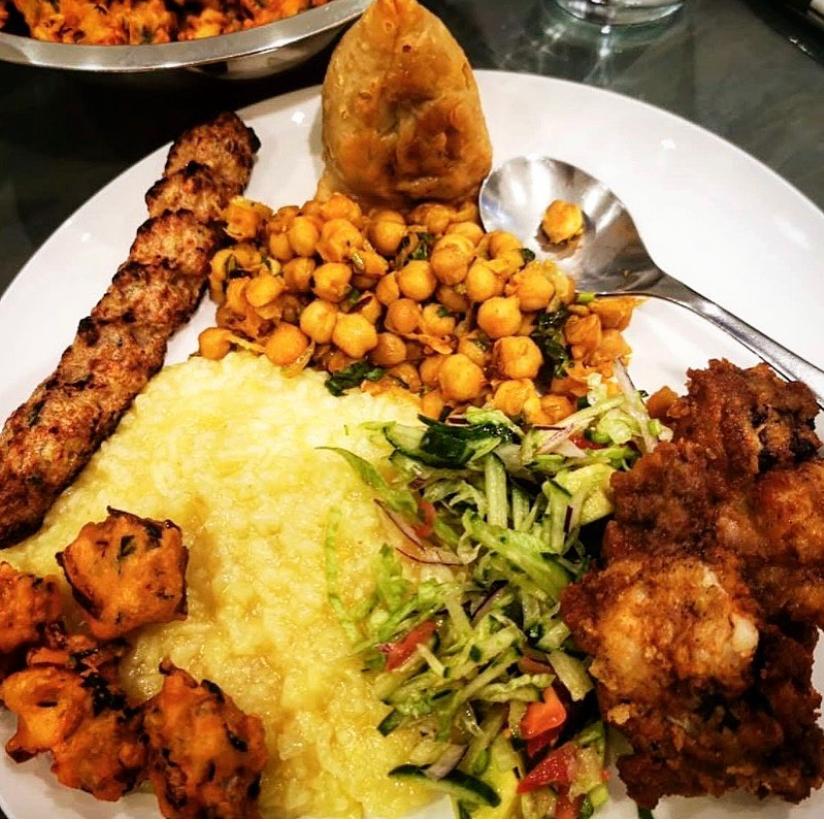
“It’s harder for the children because they are used to Eid being about seeing lots of different people, playing with lots of different children, so now we have been a bit more creative to keep them occupied and enjoying the festivities.”
Outfits, connecting with family and fine food
Shanaz from Leeds is looking forward to a similarly happy and family orientated affair, with new outfits and special meals planned for the celebrations.
“In the run up to Eid, everyone has purchased new clothes, party bags for the kids, the girls get their mehndi (henna) done, it’s a really busy time, but everyone looks forward to the big day.
“When it’s confirmed that Eid will be the next day, we clean the whole house from top to bottom, start preparing the food in the evening, and then it’s traditional to have a bath on Eid morning before putting on the new clothes.
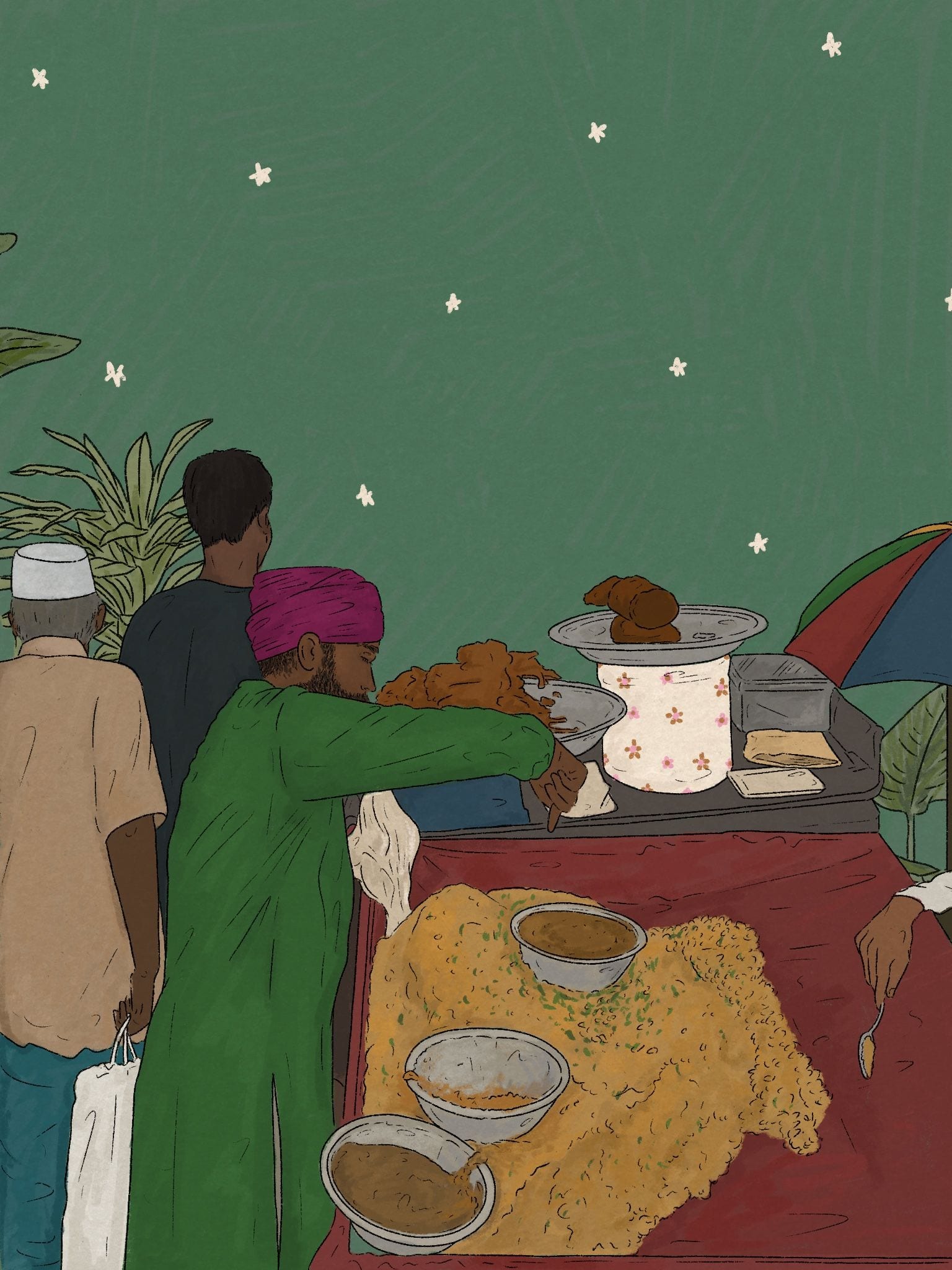
“We get up super early on Eid for the dawn prayer, usually we go to the mosque or sometimes we pray in outdoor spaces, as previously prayers have been held in Potternewton Park in Leeds. I’m not 100% sure on where we are going this year, due to social distancing.
“Following the morning prayer, we’ll have some breakfast, in my Bengali culture that’s usually something sweet like pastries. We visit my mum and say ‘Eid Mubarak’, sometimes we’ll go there to eat, or I might host the dinner. People spend hours and hours getting ready so usually we don’t eat until the afternoon.
“Usually, we’ll all have a meal together and then visit people’s houses, to just chill out, the kids watch movies and things, and, in the evening, we eat loads of leftovers.
Traditional Eid cuisine enjoyed by Shanaz’s household
“The first day of Eid tends to be the big one, we go all out. In the west people will hire things like bouncy castles for the kids and throw a big extravagant party. Although this won’t be possible this year, it’s all about bonding as a family, eating food and having a good time.
“I have sisters in Coventry, London, Oxford, Bingley and Bradford who usually come over for us to eat together and although we won’t be able to do so, this year it’ll still be a special time for all our family and friends.
“Ramadan and Eid create an environment and time for us to spend time together, and sit down and eat as a family, which is a really nice thing as the fast pace of life sometimes makes that difficult.”
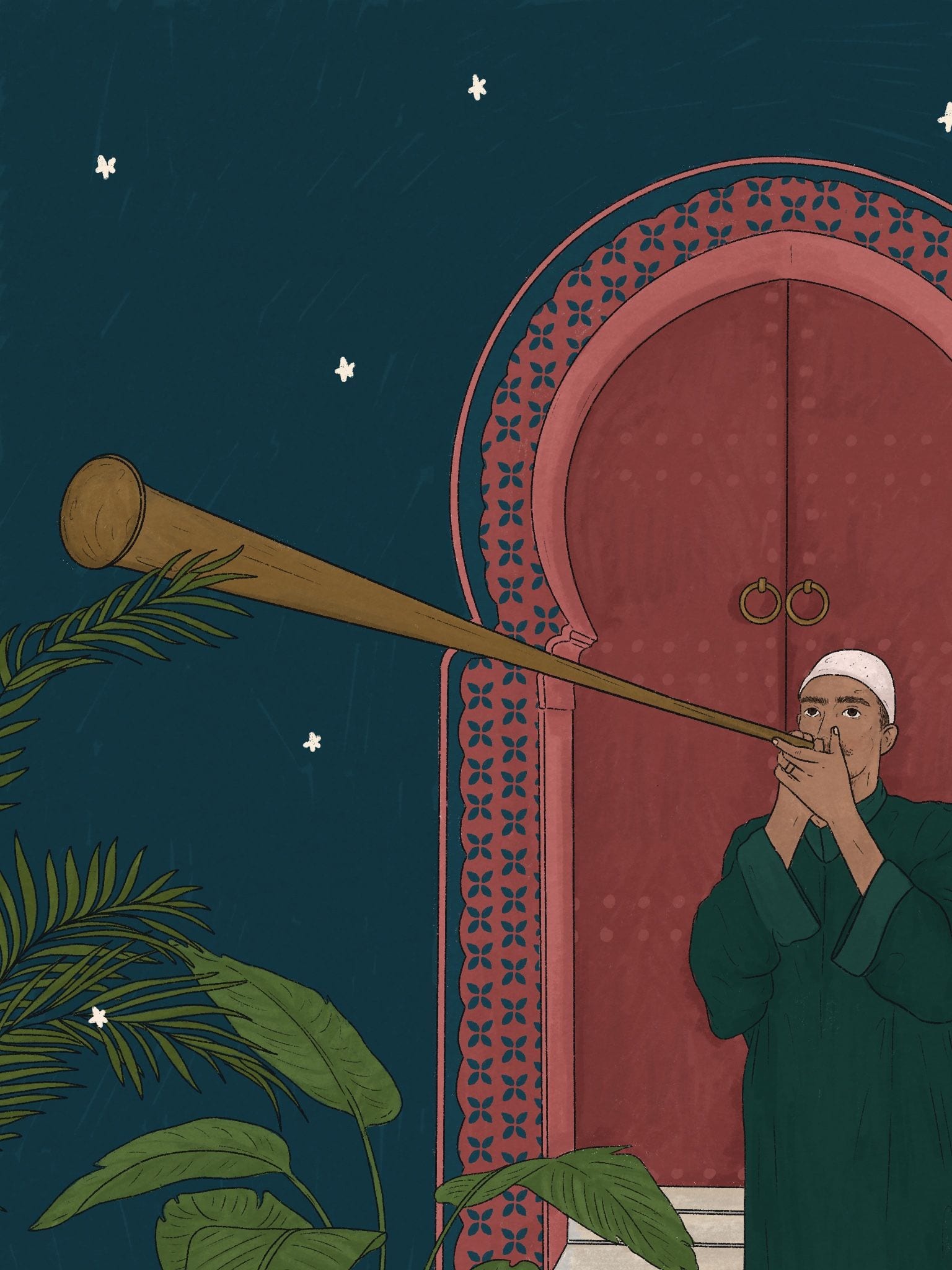
Keeping things simple
Although Eid is a significant date in the Muslim calendar, where the tradition is to gather with extended family to celebrate, the ongoing pandemic restrictions have limited the scope for large scale events.
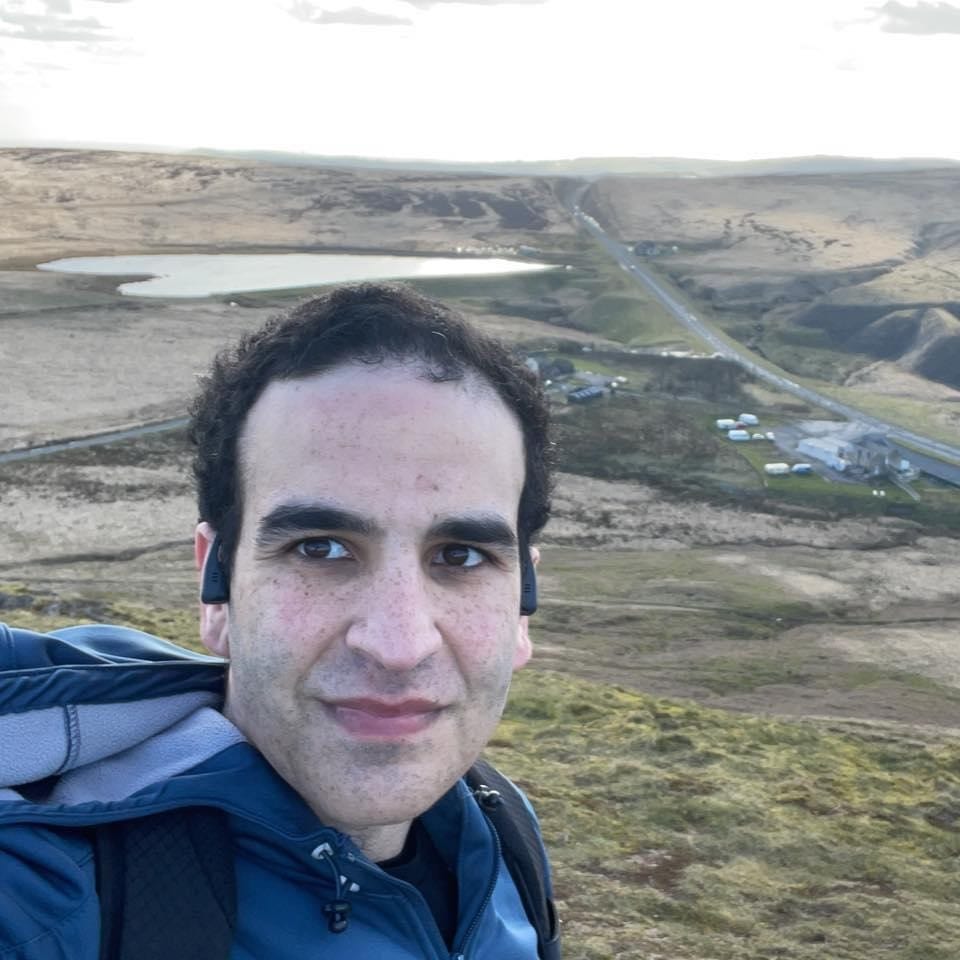
Dr Samir Asmar from Dewsbury explains how he is looking forward to more simplistic plans for this year.
“Due to my work, I’ll be going to see my parents, brothers and sisters when I can and where the rules will allow, which will be really nice.
“Generally, Eid is like Christmas and most Muslims will gather together with any extended family they have, but for us, none of our extended family actually live over here despite a lot of the Pakistani community in Britain being here for a few generations now.
“It is common to see families including aunties, uncles, cousins, nephews and nieces all meet up for a big celebratory meal at someone’s house or going out to eat, and although restrictions are lifting, these types of activities will inevitably be toned down somewhat in 2021.
“However, an important part of Eid for many is the prayers that take place on the first day. Last year we unfortunately weren’t able to gather in mosques to pray, but this time round, with places of worship now reopened in the UK, it’ll be great to celebrate Eid in a more traditional sense again.
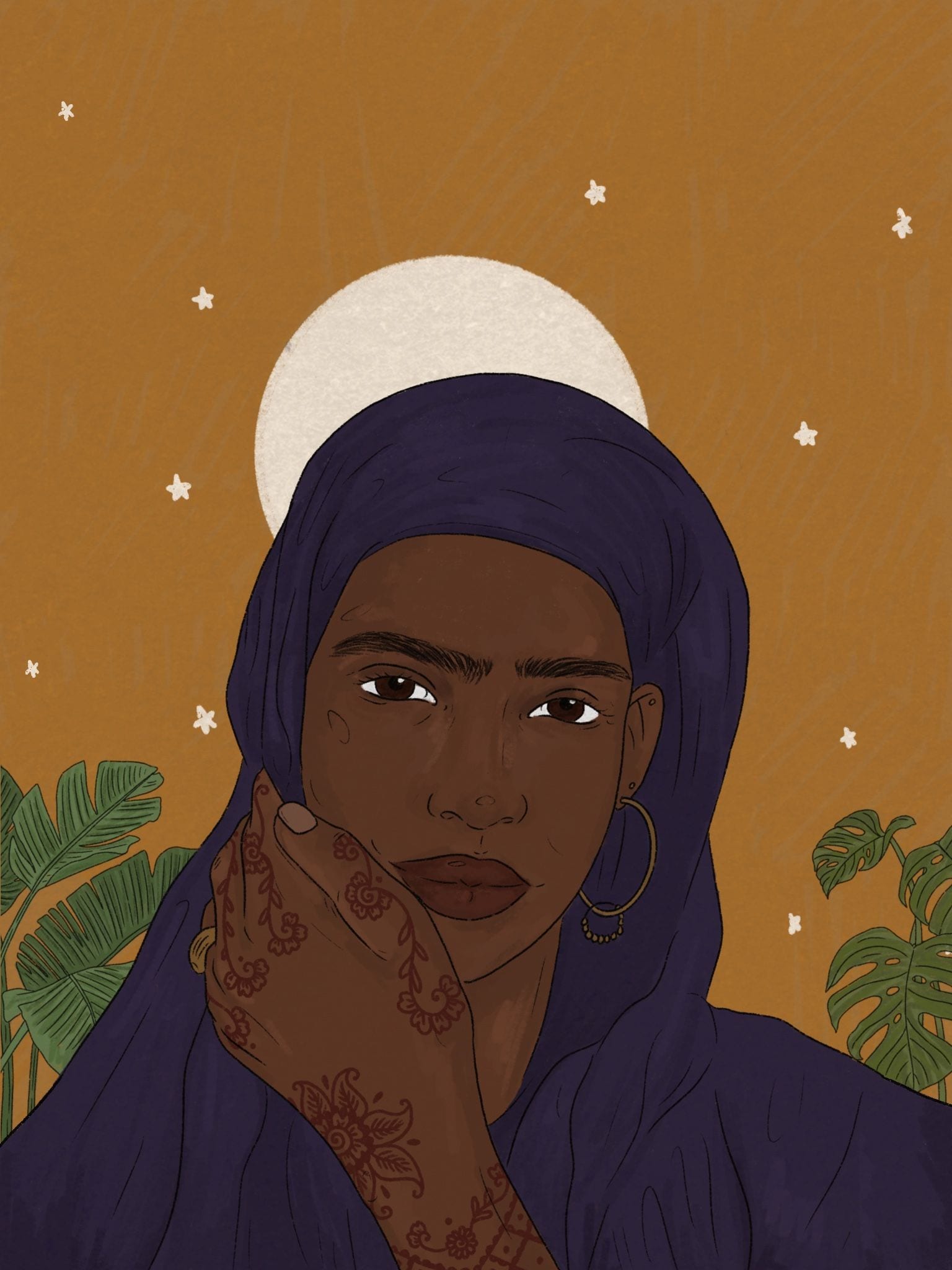
A spokesperson from WorldRemit added: “Eid is a time of great celebration across the Islamic community, as families come together to express their faith at the end of Ramadan.
“Although it’s clear that the ongoing pandemic has impacted the scale and extent of celebrations for many, it’s terrific to see how people have adapted, stayed strong and are continuing to plan some exciting and joyful celebrations for Eid as restrictions continue to ease across the UK.
“The resilience, positivity and selflessness shown by the Muslim community is a big part of what Ramadan means to everyone, and we hope everyone enjoys their Eid celebrations this year. We would like to wish our customers and the whole Muslim community Eid Mubarak”
For more information about WorldRemit, visit https://www.worldremit.com/en

| [donate]
| Help keep news FREE for our readersSupporting your local community newspaper/online news outlet is crucial now more than ever. If you believe in independent journalism,then consider making a valuable contribution by making a one-time or monthly donation. We operate in rural areas where providing unbiased news can be challenging. |
















